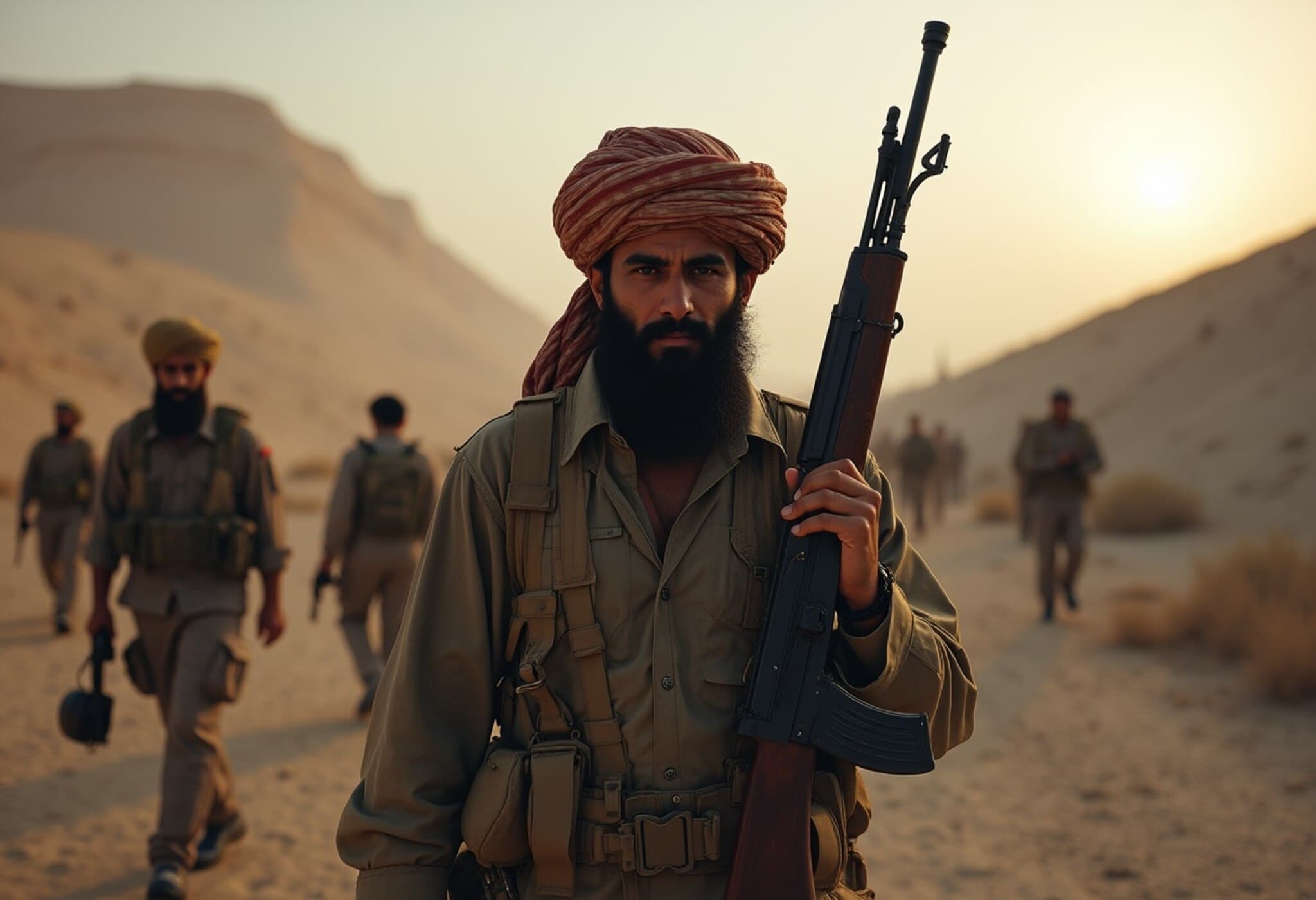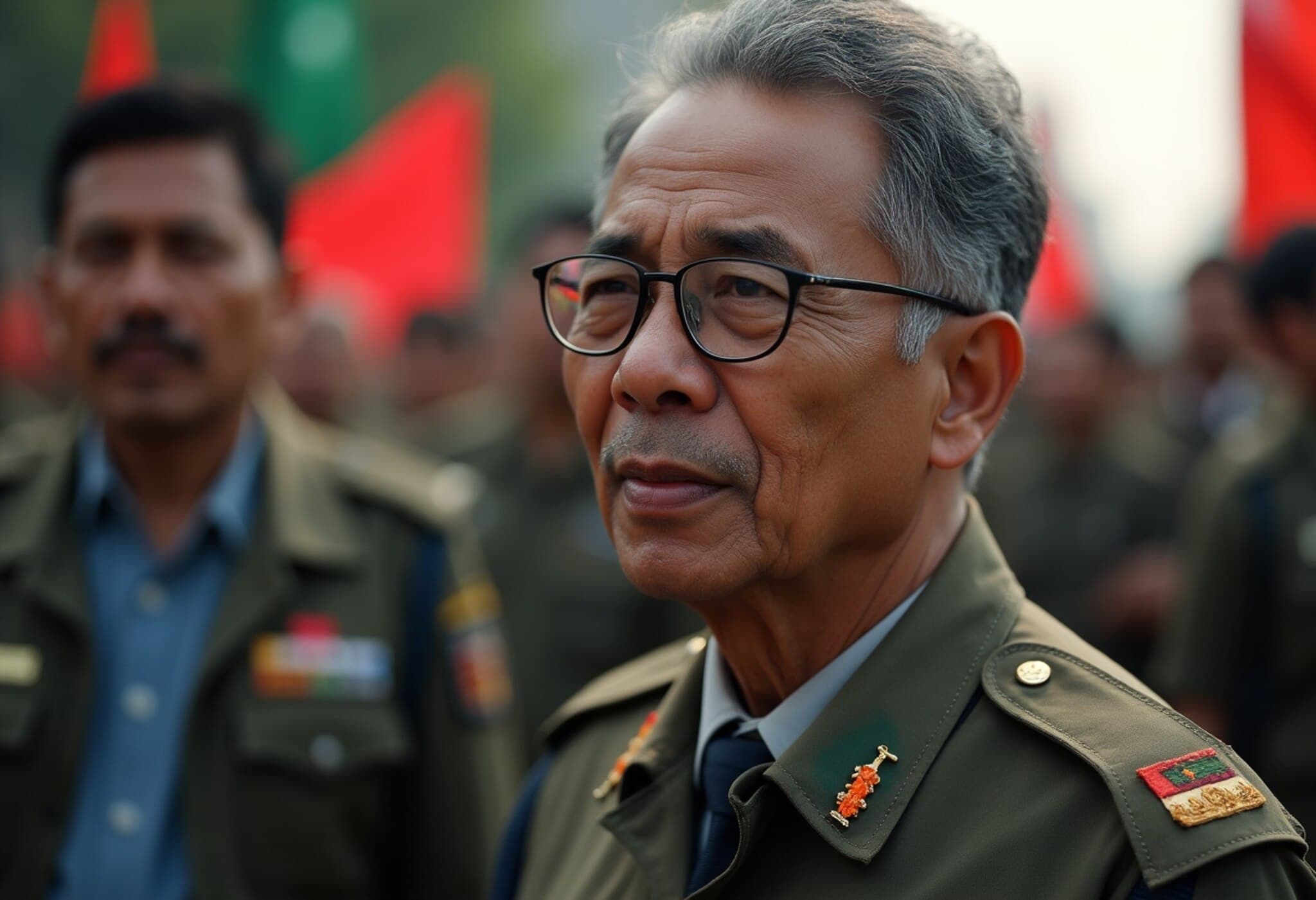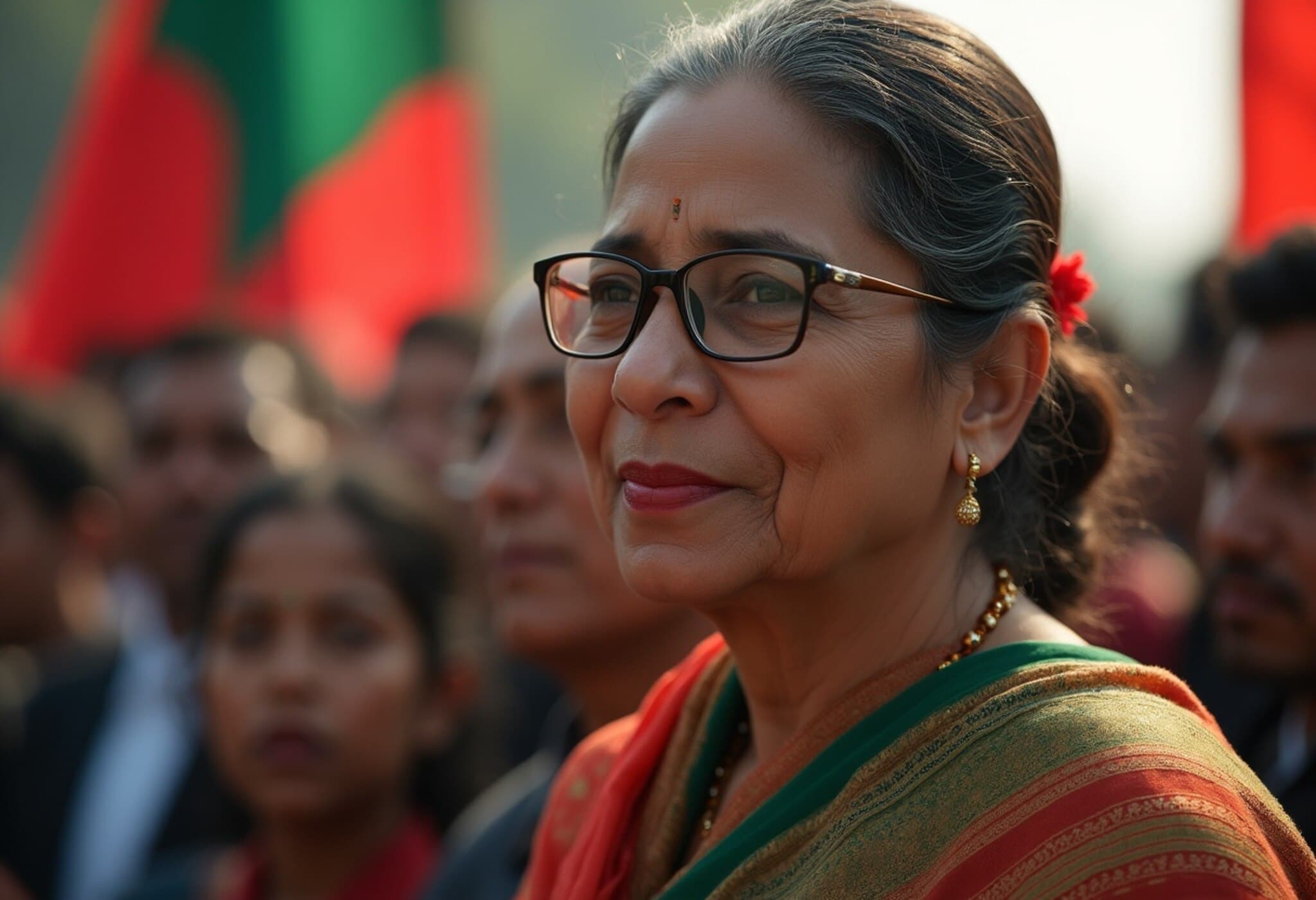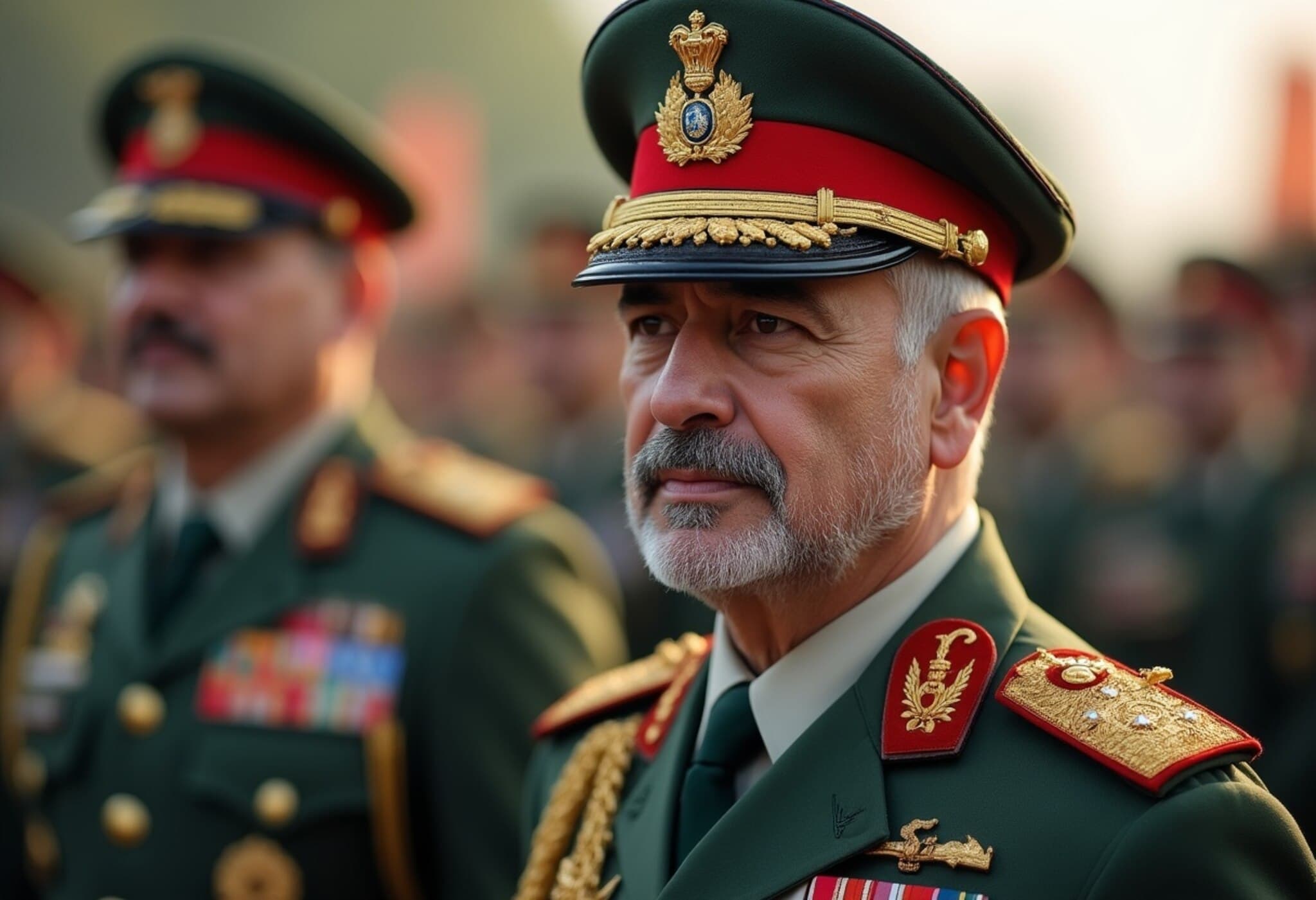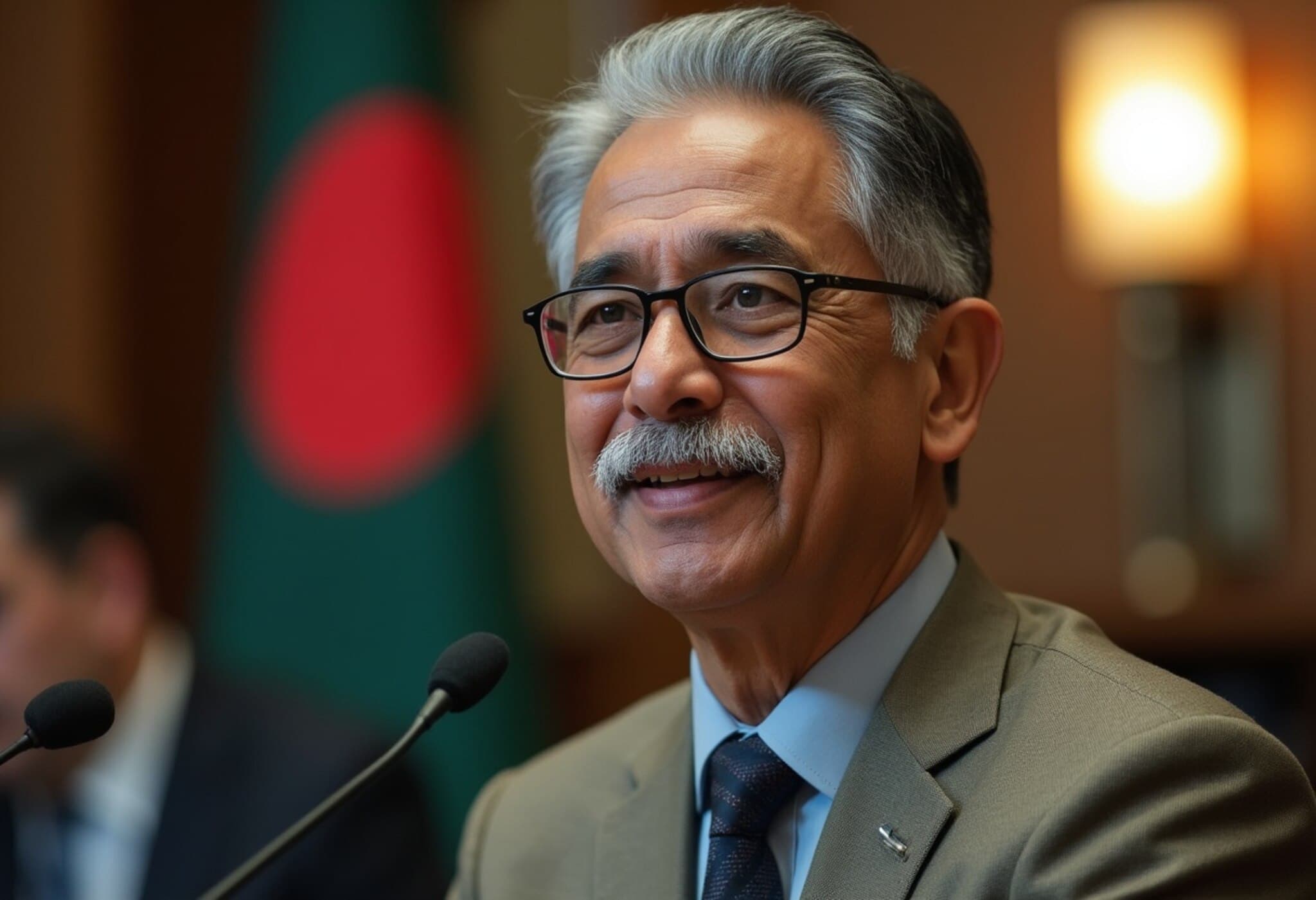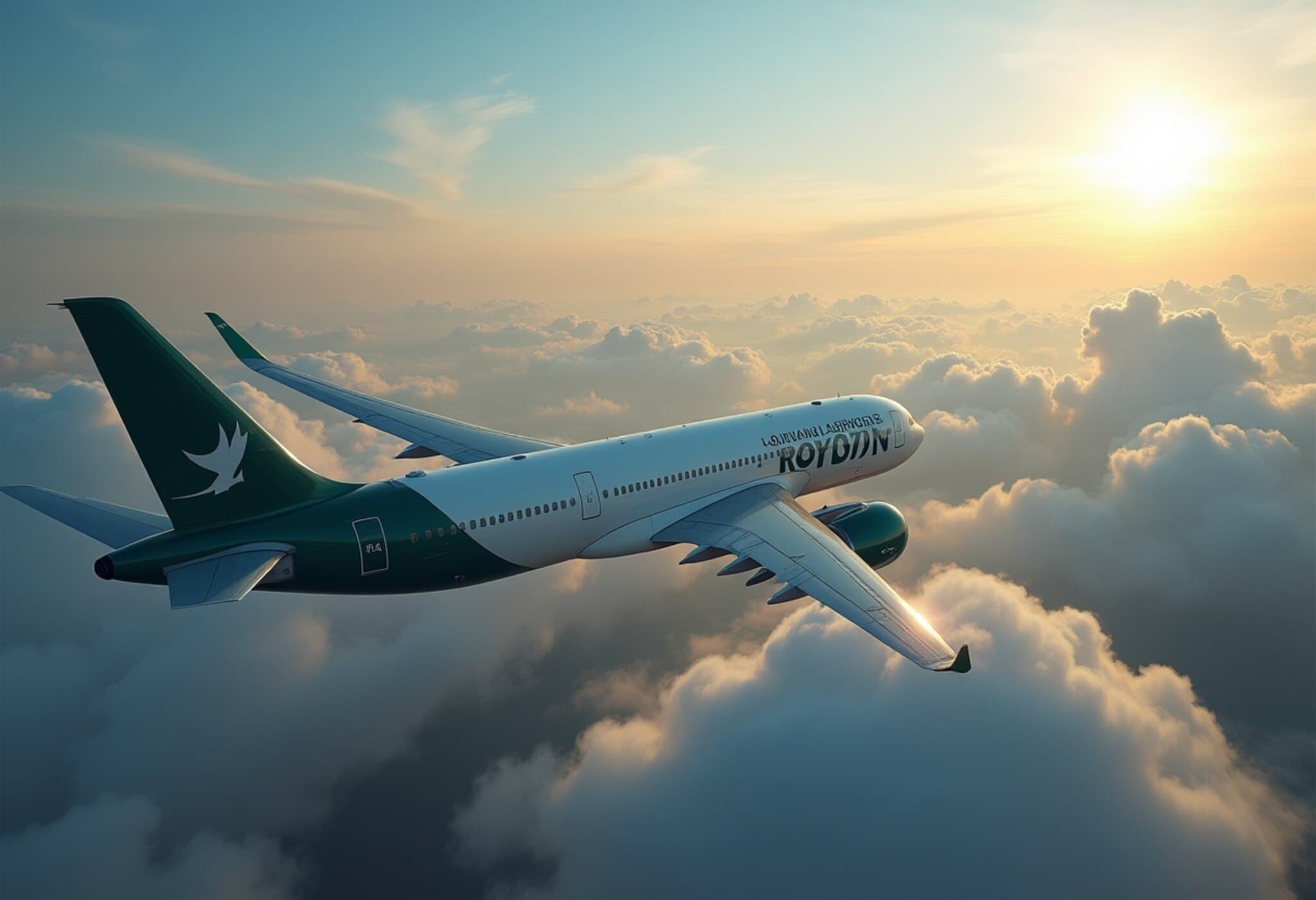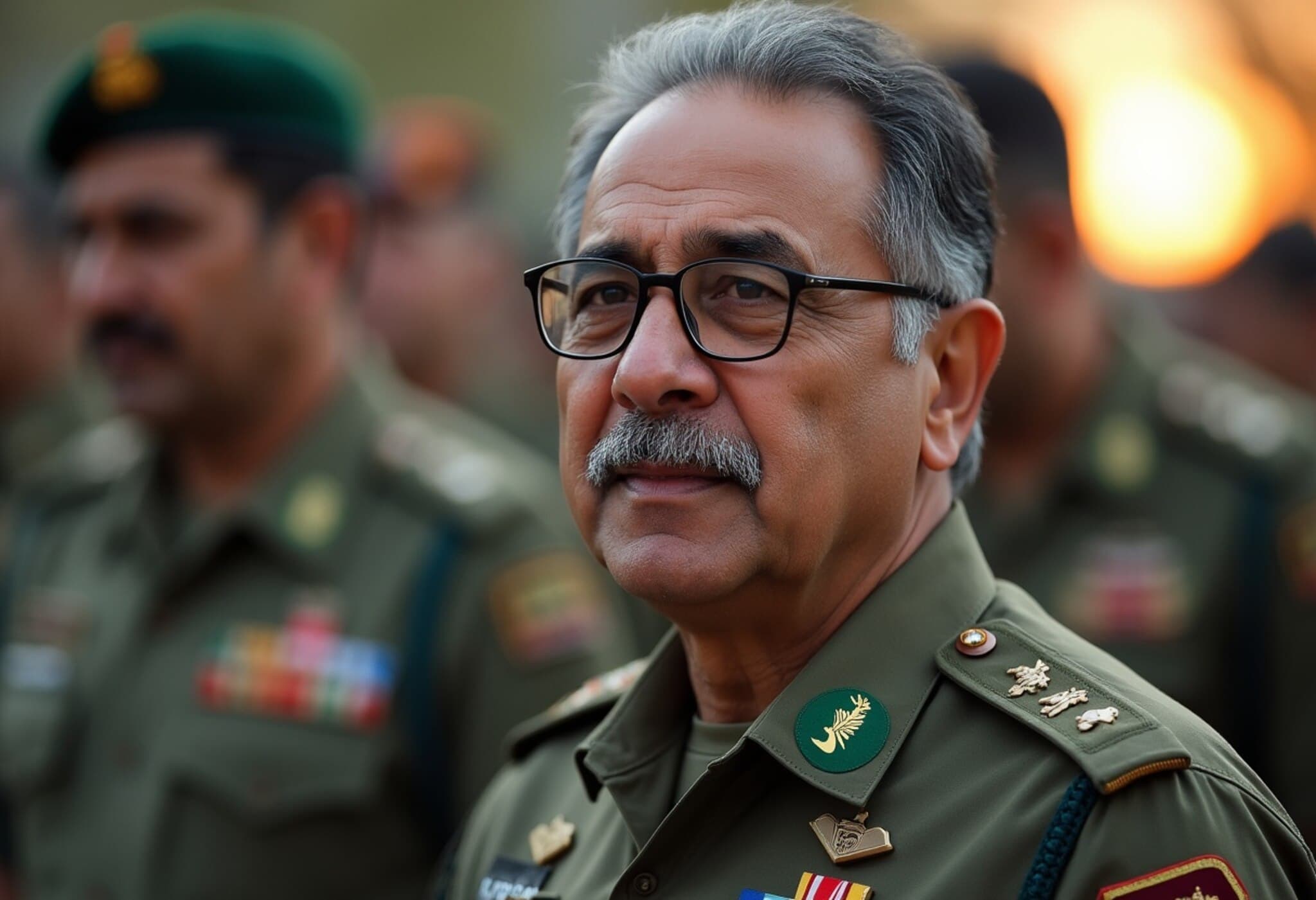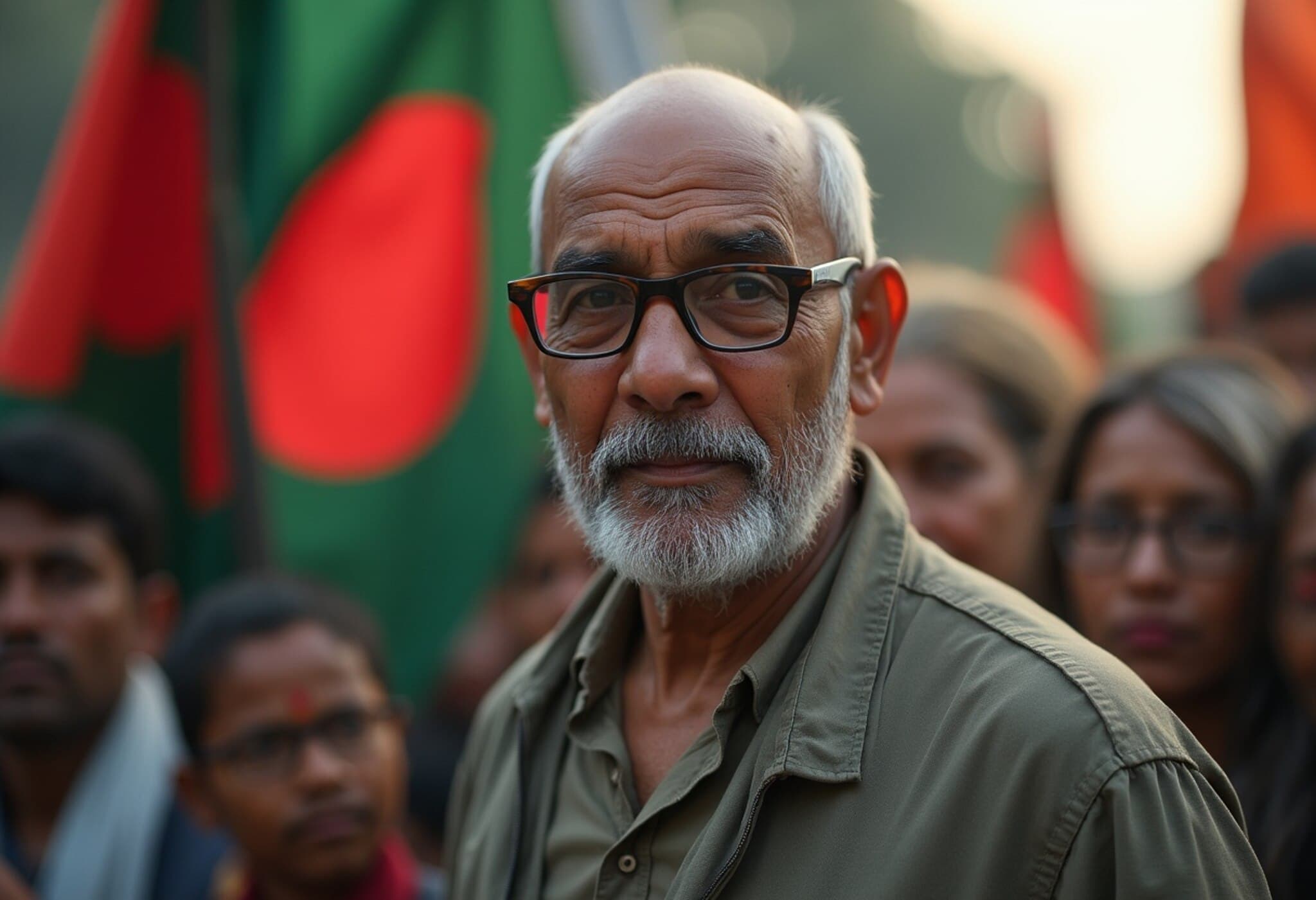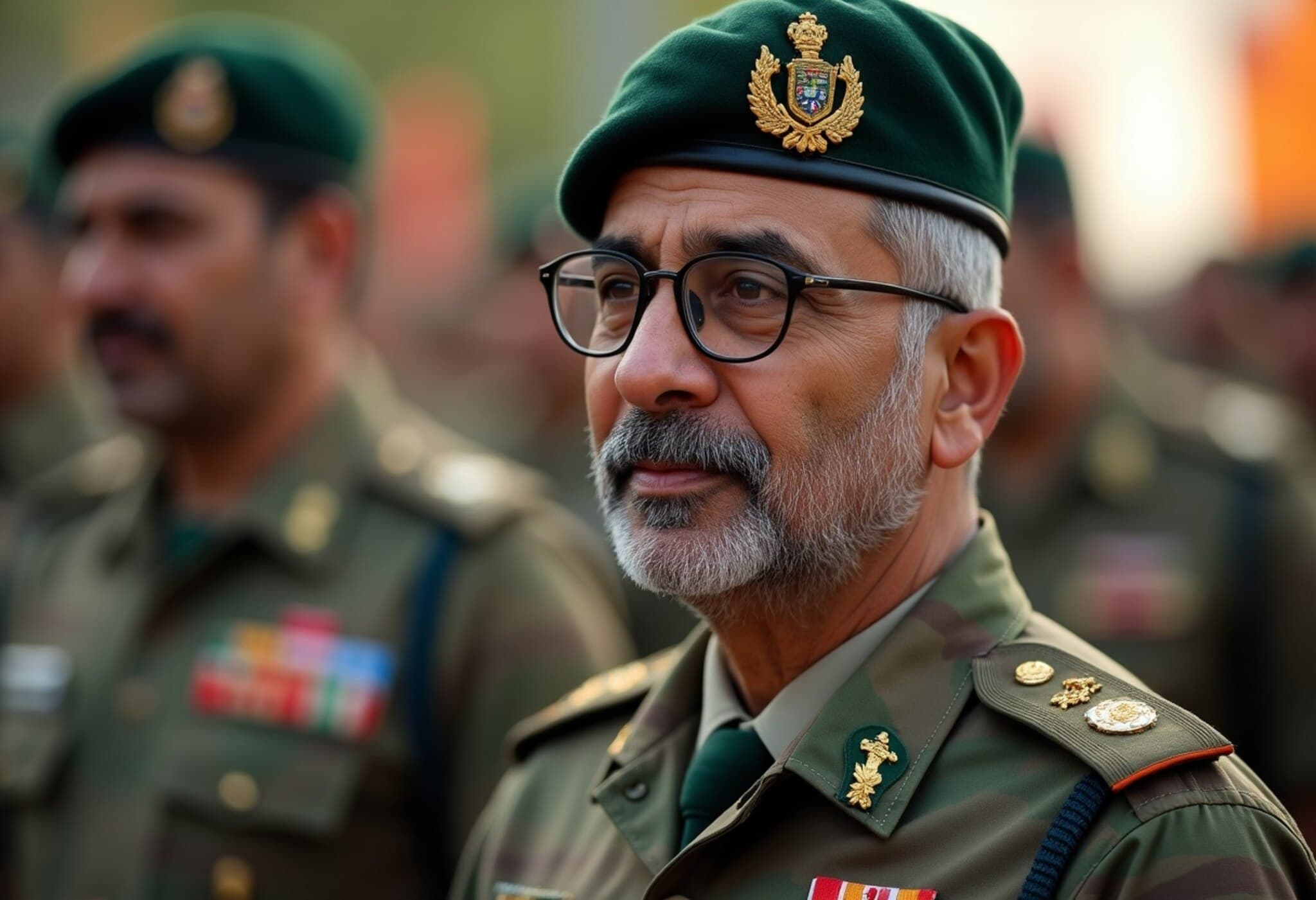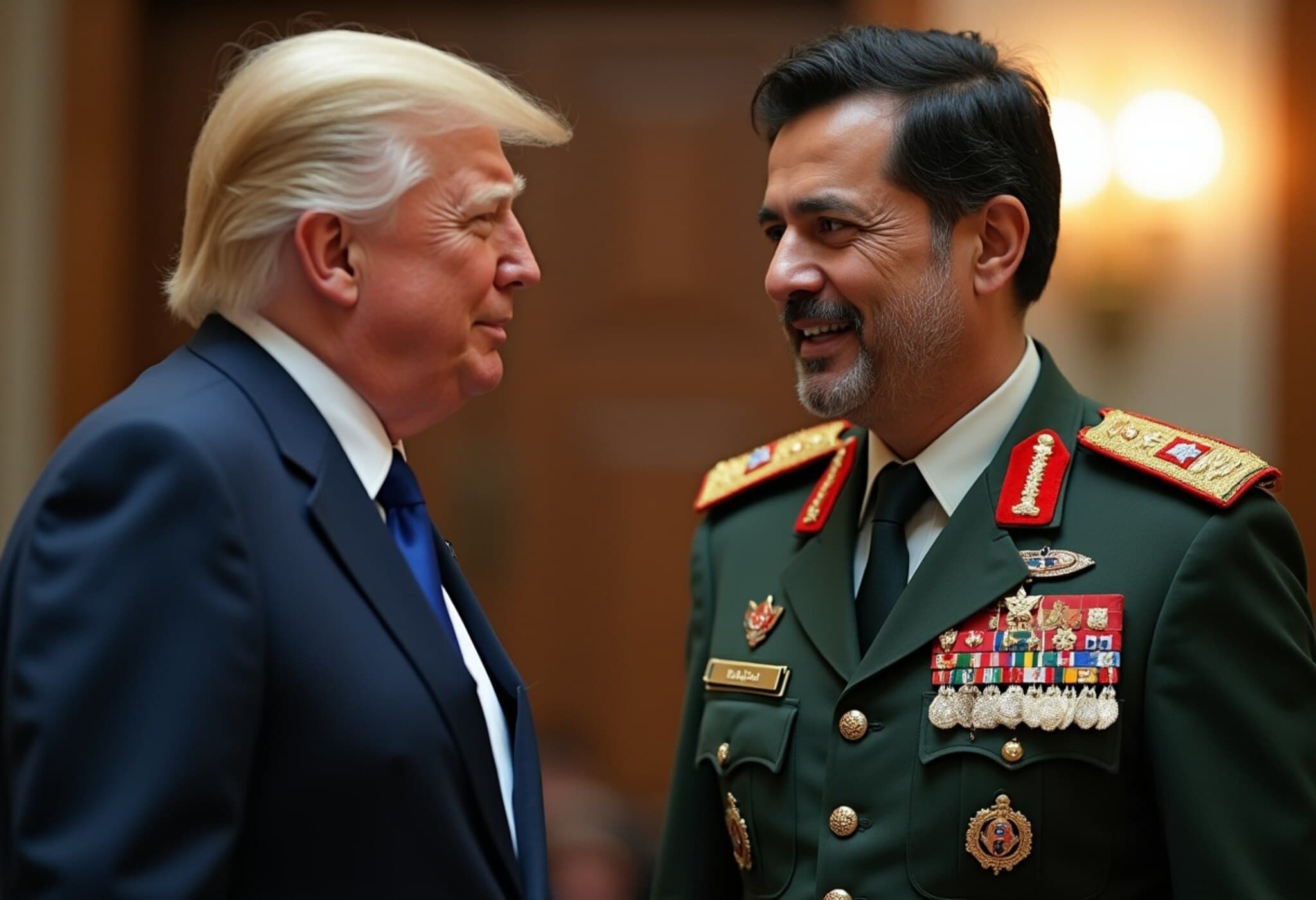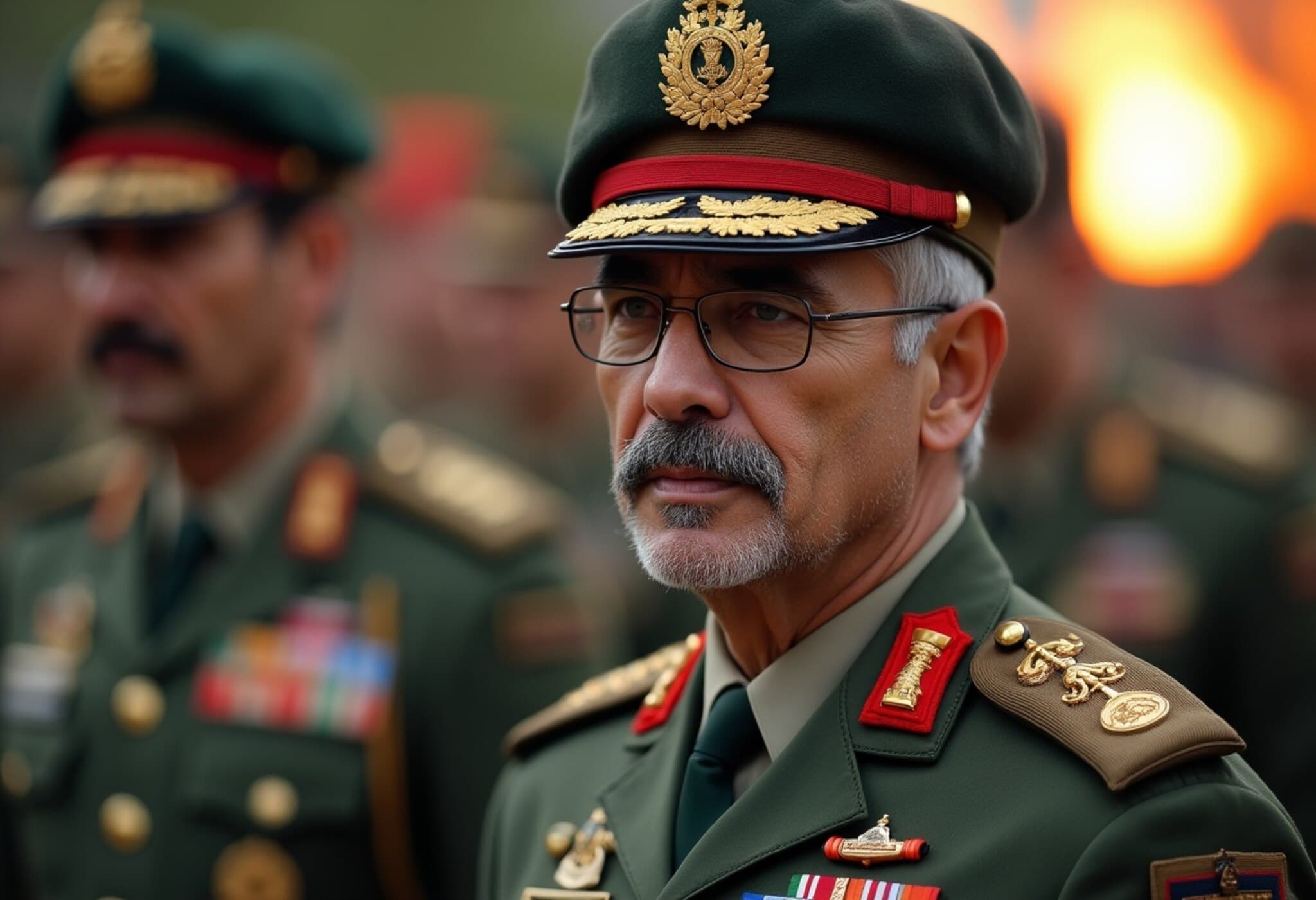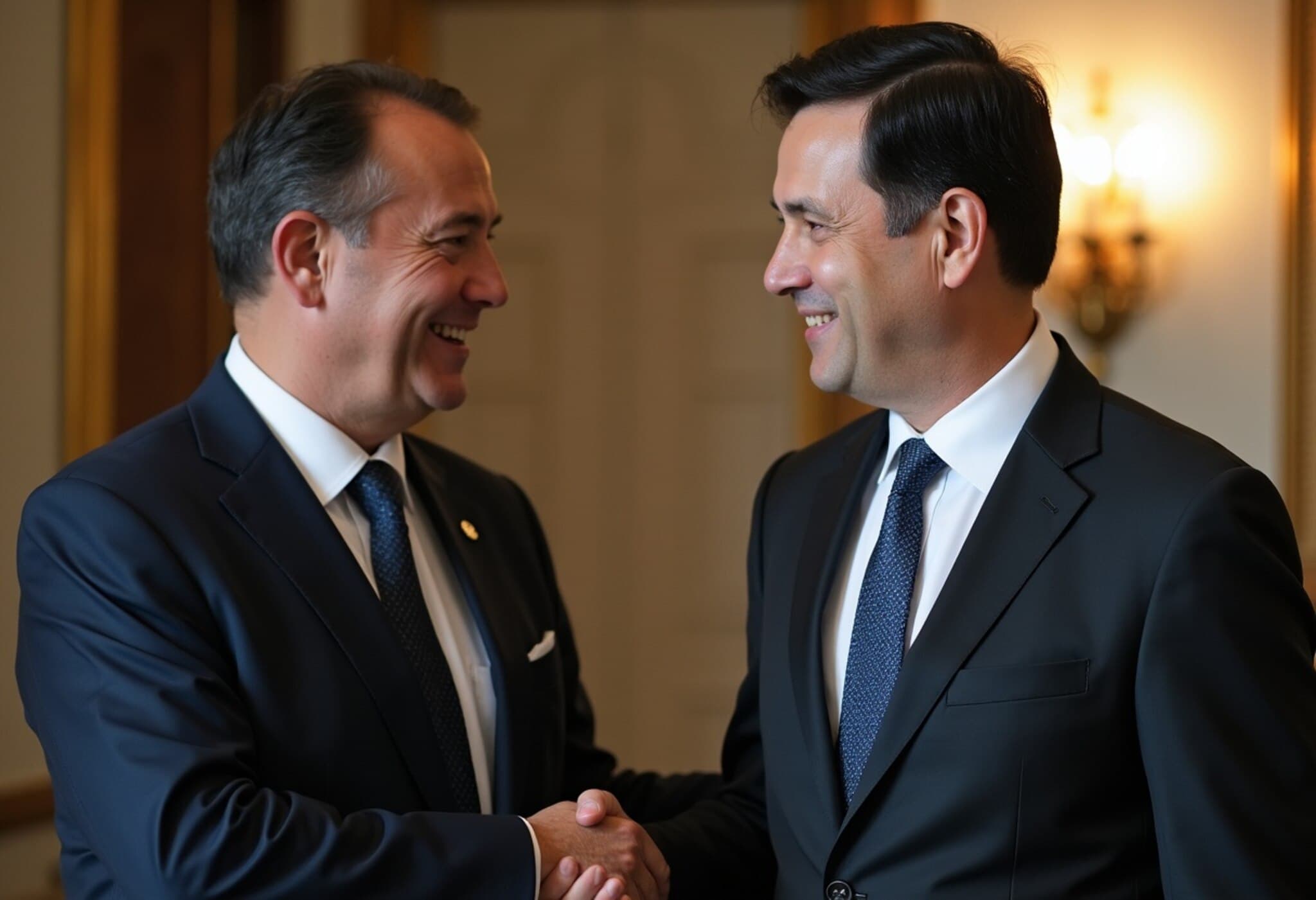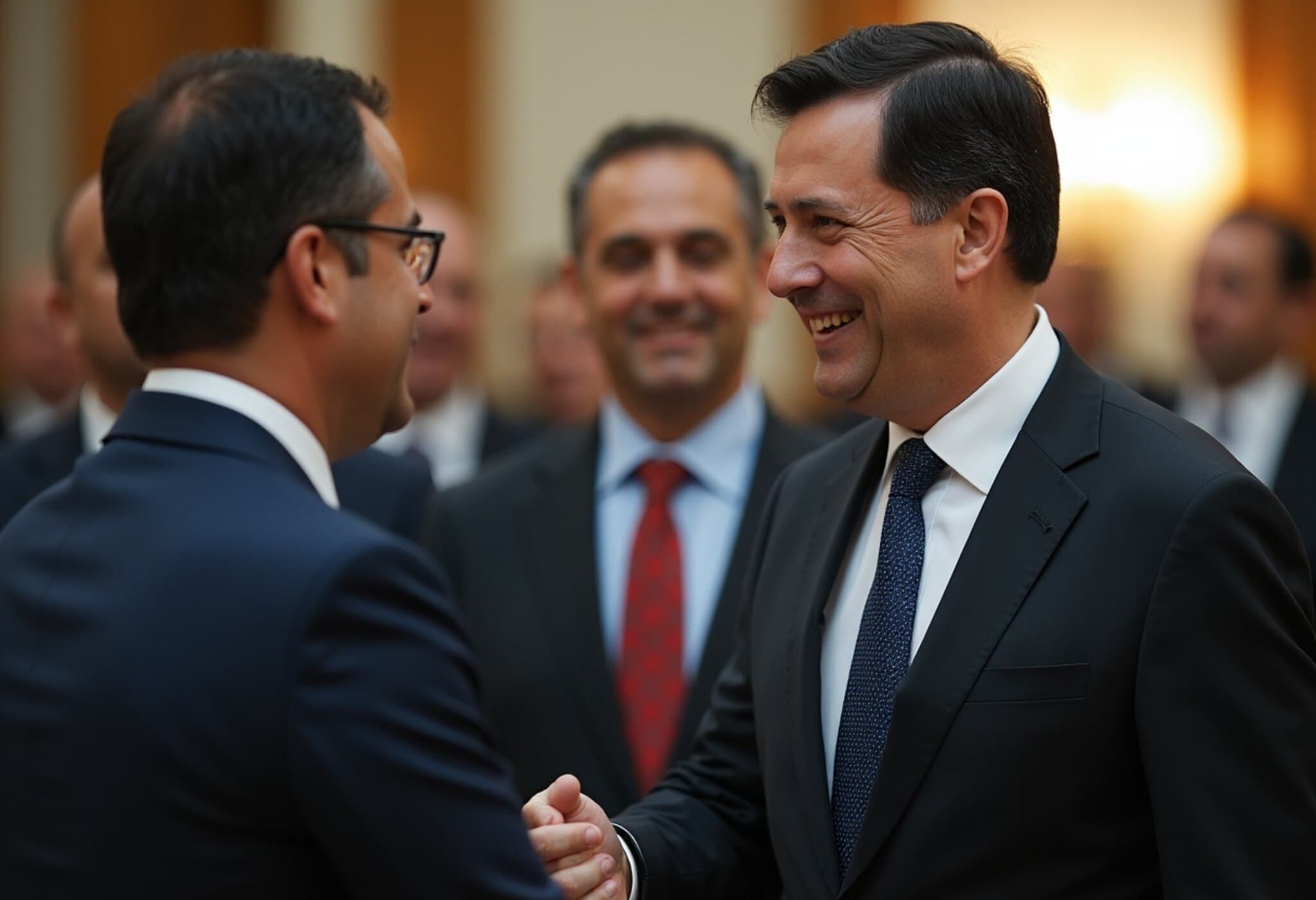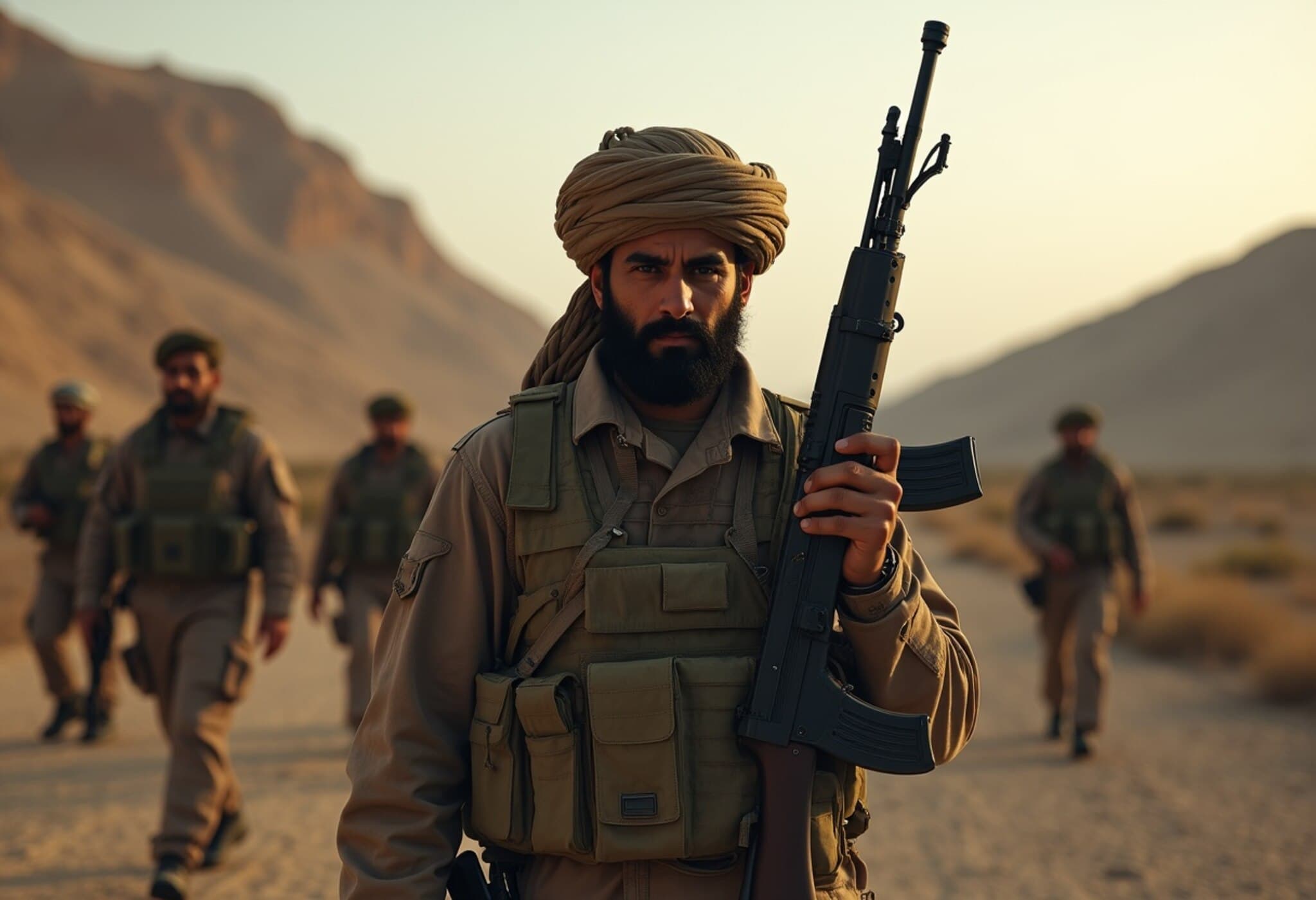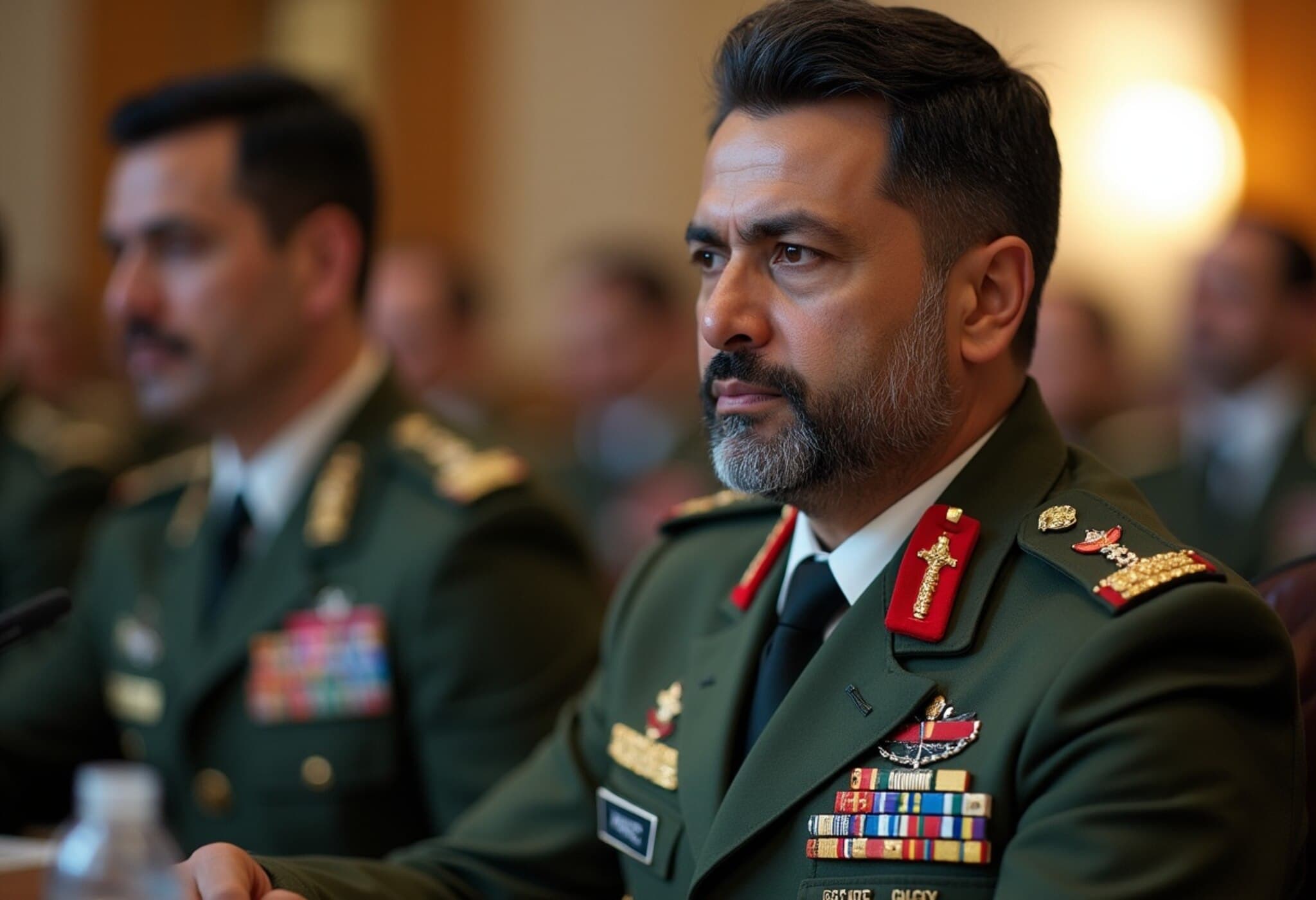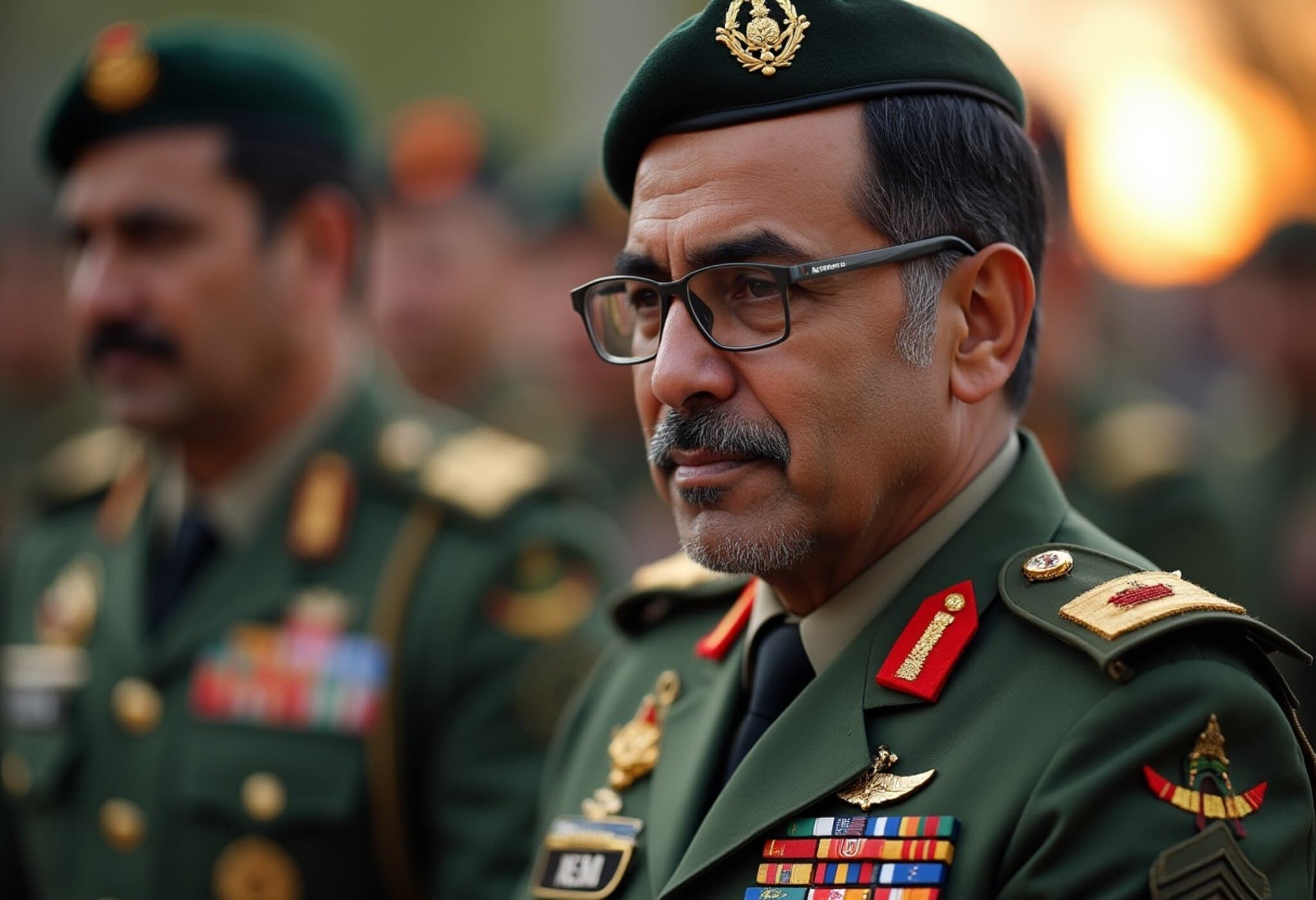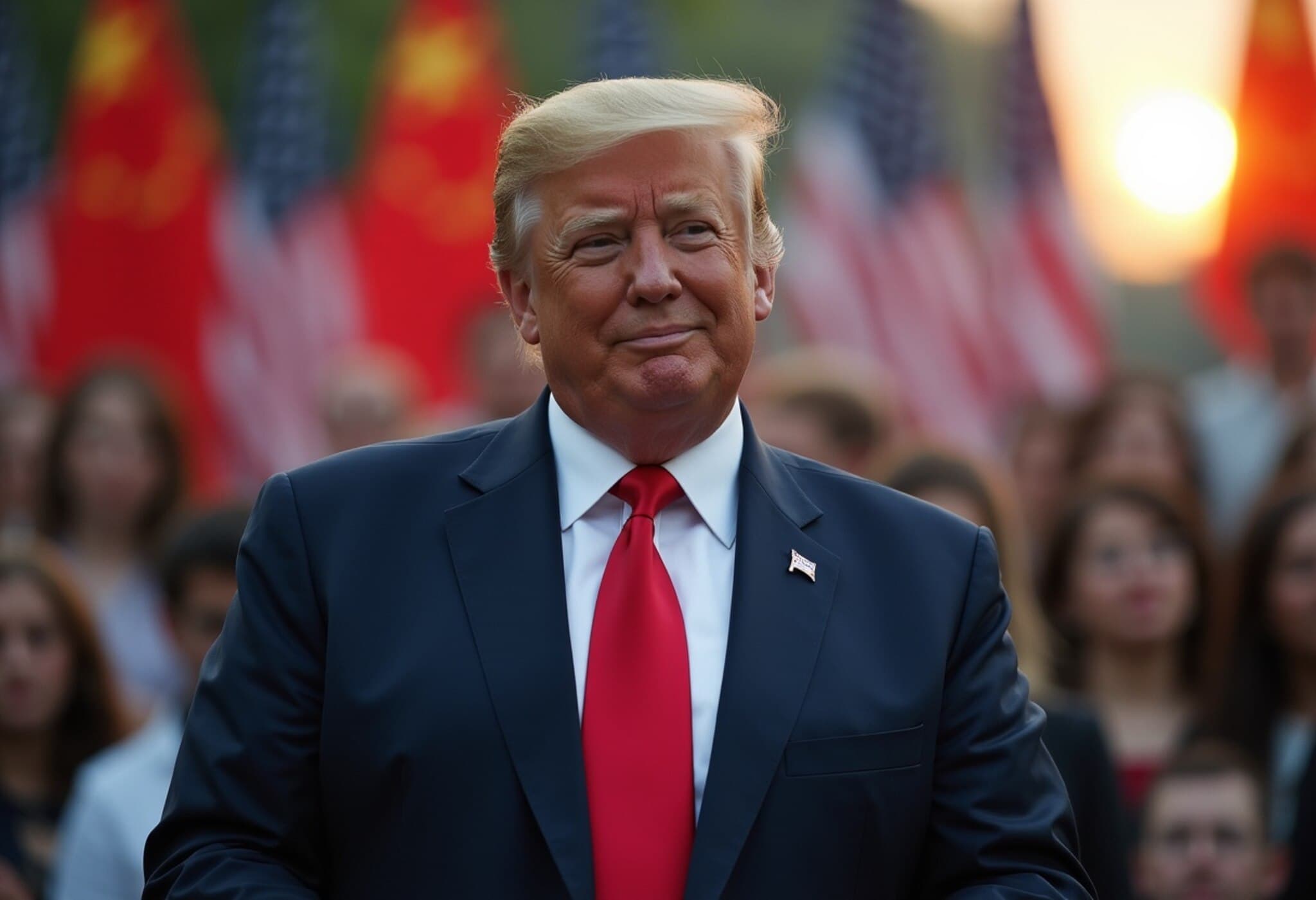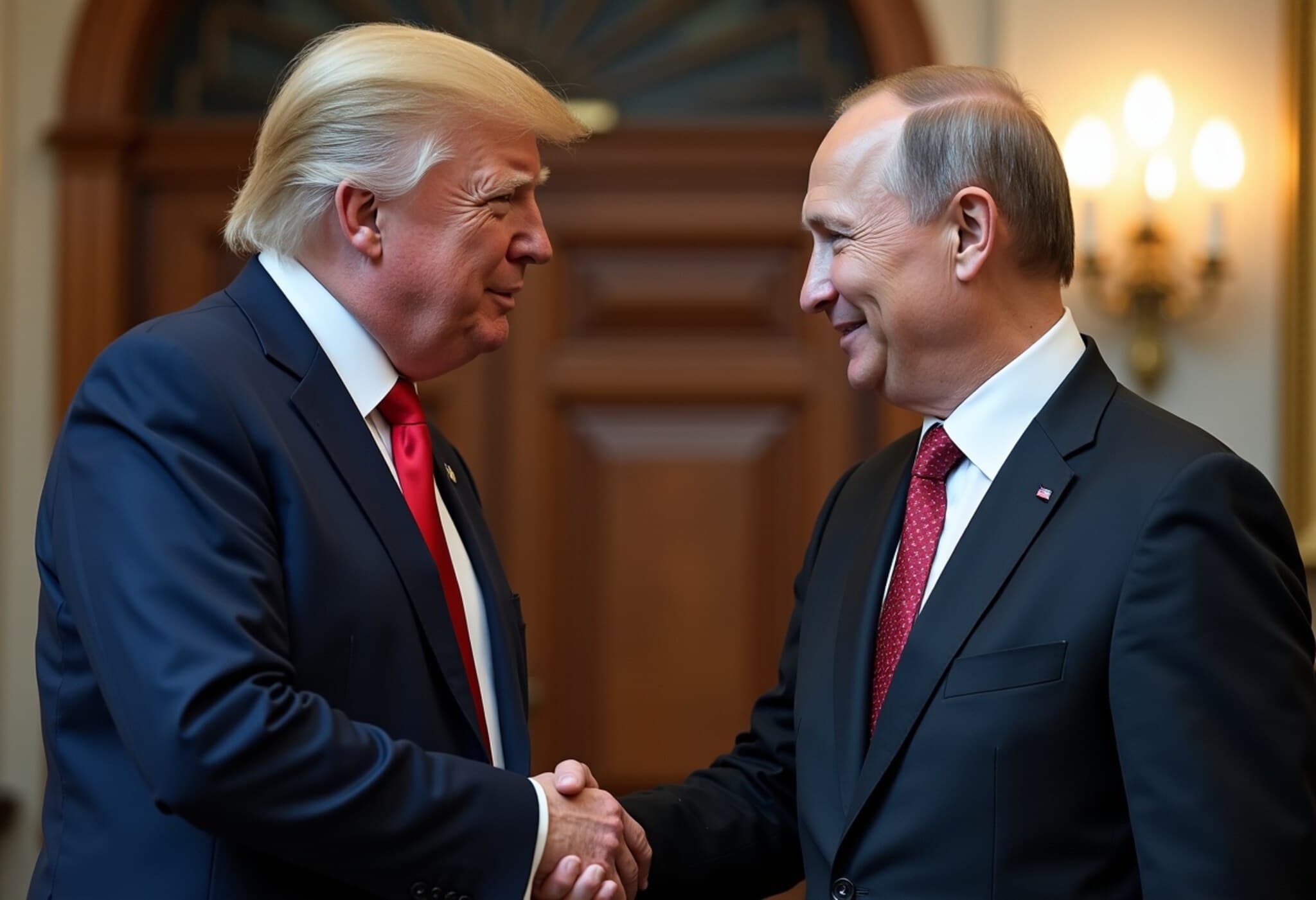US Designates Baloch Liberation Army as Foreign Terrorist Organisation
In a significant escalation, the United States Department of State announced on August 11, 2025, the formal designation of the Pakistan-based Baloch Liberation Army (BLA) and its armed faction, The Majeed Brigade, as Foreign Terrorist Organisations (FTOs). This move intensifies international scrutiny on the insurgent group and underscores the evolving dynamics between Washington and Islamabad.
Background: The Baloch Liberation Army and Its Activities
The BLA has long waged an armed campaign against Pakistan’s government, seeking greater autonomy or independence for the mineral-rich Balochistan province. Over the years, the group has claimed responsibility for several high-profile attacks, including suicide bombings near Karachi’s airport and the strategic Gwadar Port Authority complex in 2024.
In March 2025, the BLA captured global headlines by hijacking the Jaffar Express train traveling between Quetta and Peshawar. This tragic episode resulted in the deaths of 31 civilians and security personnel and left more than 300 passengers hostage. Such acts have been condemned internationally for their brutality and destabilizing regional effects.
Contextualizing the US Action: Diplomatic Nuance and Regional Implications
This designation comes on the heels of Pakistani Army Chief, Field Marshal Asim Munir’s visit to Washington, DC—his second in just a few months. Munir's tenure has been marked by increasingly hardline rhetoric, including nuclear threats that have unsettled international observers.
The US State Department emphasized that labeling the BLA and Majeed Brigade as terrorist entities is a strategic step to disrupt their financial and logistical networks globally. Yet, critics argue this action simultaneously illustrates a complicated balancing act by the US, as it deepens ties with Pakistan despite Islamabad's contentious history with militant groups.
Contradictions in US-Pakistan Relations
- Pakistan has repeatedly been on and off the Financial Action Task Force’s (FATF) grey list for failing to curb money laundering and terror financing.
- Historically, Pakistan has been accused of harboring infamous terrorists such as Osama Bin Laden and Hafiz Saeed, complicating its global standing.
- Images and reports have surfaced of Pakistan military personnel attending funerals of militants in operations like Sindoor, raising concerns about state support for certain armed factions.
Despite these issues, the US administration under President Donald Trump (note: the article date suggests ongoing Trump-era policies or perhaps a fictional setting) has sought to maintain pragmatic engagement with Pakistan due to geopolitical imperatives, including counterterrorism and regional stability in South Asia.
Pakistan’s Diplomatic Gains and Domestic Challenges
For Field Marshal Munir and Pakistan’s military establishment, this new terrorist designation paradoxically serves as a diplomatic badge of credibility. It counters previous international embarrassments, such as when Pakistani politicians appeared to defend the Tehreek-e-Jafaria (TRF) group after its own terrorist classification or when evidence showed Pakistan Air Force jets had been targeted during India-led counterterror operations.
The Pakistani government’s longstanding narrative claiming the BLA is supported by India remains unsubstantiated by conclusive public evidence, adding layers of complexity to the insurgency narrative and India's role in the region.
Expert Analysis: What Does This Mean for Counterterrorism?
From an expert perspective, designating the BLA and its factions as FTOs is a critical tool in disrupting terror financing and international support networks—key elements in counterterrorism strategy. However, it raises profound questions about the consistency and sincerity of US policy, given Pakistan's historically ambivalent stance on militant groups.
Without addressing the systemic issues of state sponsorship or toleration, terrorist designations alone may not deliver lasting peace or security in Balochistan or the surrounding region.
Editor’s Note
This latest designation of the Baloch Liberation Army by the US accents the tangled web of geopolitics, counterterrorism, and diplomacy in South Asia. While it marks a step forward in officially confronting violent extremism, it also exposes enduring contradictions in US-Pakistan relations.
Readers are invited to consider: Can international labels meaningfully suppress regional insurgencies when underlying political grievances and state complicities remain unaddressed? How could this move recalibrate the fragile balance of power and peace efforts in one of the world’s most volatile zones?
As the situation evolves, sustained journalistic and policy scrutiny is essential to move beyond rhetoric toward tangible solutions.

